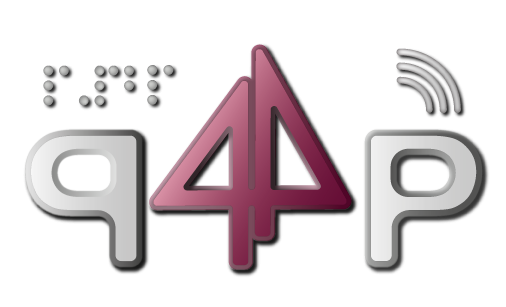THE PROJECT

People with sensory impairments have limited employment opportunities and face barriers at most steps of the process. However, there are a number of people with sensory impairments who succeed
in their professions. This project will engage with and harness the learning from this group, identifying
the barriers they have encountered and overcome, and how to help current and future students with sensory impairments to reduce and overcome such barriers. The low participation rate of tudents with disability in higher education is a policy priority of the EU Commission and the ERASMUS programme. Inclusive Guidance Practice is a key infrastructural requirement. This project aims to
improve access of people with sensory impairment into higher education, and to encourage their uptake of higher degrees. Students with disabilities are four times less likely to go on to higher education than their peers. It is well documented by the OECD, WHO and national disability authorities that this group face barriers not experienced by other students at school including environmental, communication and attitudinal barriers, in particular, the prevalence of negative assumptions about their capabilities.
Peer4Progress will develop a peer mentoring and peer support system delivered via a user centered designed online platform. A community of people with sensory impairment; graduates, post graduates and those with higher degrees who are in employment, all with sensory impairments who are willing to provide online advice and support in overcoming barriers and meeting challenges to their peers as they embark on choosing a career and progressing through college. Information about the opportunities opened up by attending for a third level education, and advice are making choices for third level, etc. will be provided. Case studies will also be eveloped and presented showing people with sensory impairments who are successfully enjoying the career of their choice, with a special focus on Phd, researchers and scientists with sensory impairment. A Peer entoring course will be developed to provide role models and advice for students with sensory impairment. It will provide an opportunity for these students with sensory impairments to hear from their peers who have been through the system and can advise them on tips to success. We will capture the student perspective and identify solutions that professionals may not have considered.

An online training programme for peer mentors and peer supporters will be designed developed and
delivered in response to identified needs and will be accredited at European level via the UVA. Such training will cover issues such as raising awareness about sensory impairment, ethical behaviour, working with vulnerable youth as well as providing structure to the peer support or mentoring activity by developing guidelines and steps for the mentors to work through as the progress through the process.
